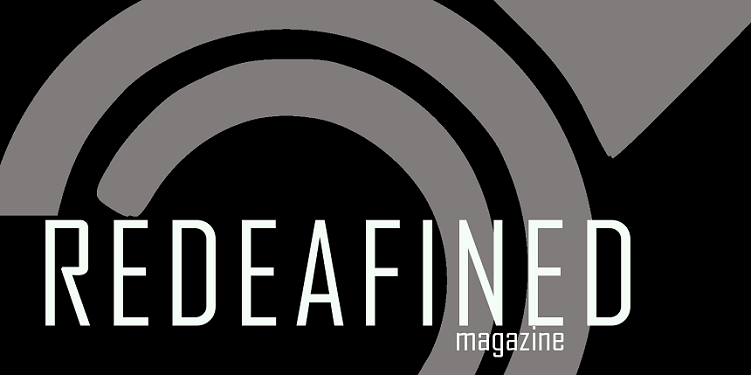 |
| Courtesy ABC Family |
The debate over whether Deaf schools or mainstreaming are better for a deaf child is ongoing and often heated, so I've decided to take a more in-depth look at what both have to offer this week.
The benefits of Deaf schools are somewhat obvious in that everything about them can be tailored to suit the specific needs of deaf students: fire alarms and bells that signal a change of classes are instead flashing lights; videophone and relay technology is readily available; supplementary learning material is always close-captioned; school events and assemblies are accessible and pertinent to deaf students; students can access sports teams and extracurriculars, and communicate with peers and coaches; audiologists and speech language pathologists work on-site and are familiar with troubleshooting hearing technology; Deaf schools teach Deaf history including ASL storytelling and poetry; and students can communicate with everyone and anyone at the school-- peers, teachers, guidance councilors, right down to cafeteria workers-- directly and in the only language to which they have 100% access: ASL.
With ninety percent of deaf children born to hearing families, it's possible that without attending deaf school a deaf child might go a long while without meeting another deaf person, and could come to consider himself weird or broken. While deafness can be isolating if a student is the only deaf person at his or her school, socializing at a Deaf school is easy and natural. Students also have access to their teachers and administrators in an unmediated mode, sans interpreters, lipreading, or reliance on (ever-improving but still) imperfect hearing technologies. Having Deaf teachers and principals also affords students positive role models and demonstrates that deafness is not a barrier in achieving a higher education.
Being educated in a language where you never have to worry about missing anything takes the pressure off learning. Even with the best hearing aid or cochlear implant, hearing and understanding spoken English--especially in a noisy classroom or out on the playground-- won't be a sure thing for a deaf child.
Additionally, a recent study shows that deaf signers learn to read and write English better when they are taught in the same manner in which second-language students coming from a native language with a different alphabet are taught. Just like speakers of Russian or Chinese, ASL users need to get used to thinking in a different orthography-- when a native English speaker reads or hears a word, he or she "sees" it in his head, whereas a deaf signer at first would see a sign representation of that concept, just as a Chinese speaker's mind might translate the English back into the Chinese character while he or she is first learning English. The fact that deaf people are most successful at reading and writing when they are taught English in a way different to the way we'd teach mainstream hearing students suggests that a Deaf school would be more effective at tailoring the curriculum to Deaf students' needs. While the article about this study inaccurately represents that pesky fourth grade reading level statistic (all deaf people-- not just ASL users-- exhibit similar reading levels), you can read more about the study here.
Like Switched at Birth's Travis, for the seventy-five percent of deaf children whose parents never learn to communicate with them in sign language, a Deaf school can be a safe space, a haven from the stresses of being misunderstood. For that matter, for any deaf child or teenager, Deaf school offers a place in which he or she has the potential to access everything and is not "less" or "different" in any way other than his or her unique personality.
Editor's Note: Disagree? Don't get mad! Stay tuned for our next post, which will feature a more in-depth look at the benefits of mainstreaming for d/Deaf students. In the meantime, check out our quick chart about the pros and cons of mainstreaming. And special thanks to Jonathan Hernandez for his topic request!

Deaf schools are great contributions to the education and development of deaf and hard of hearing children. These schools strongly supports in continuation and strengthening of hard of hearing children.
ReplyDeleteHidden Hearing Aid Ireland